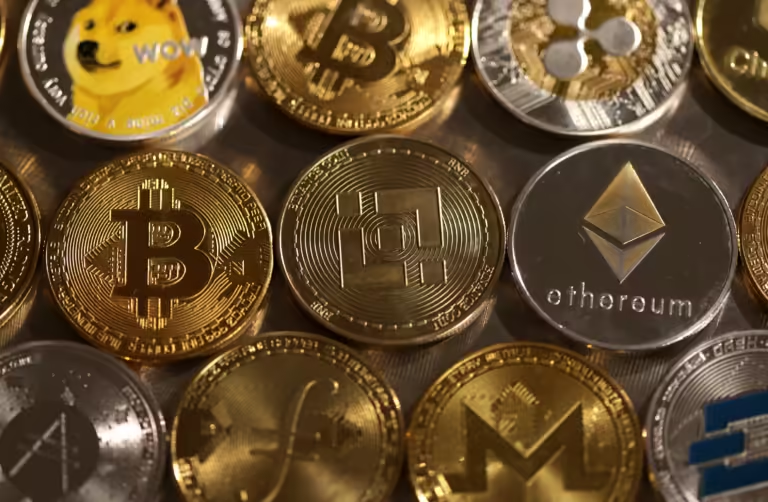Hook: The fall of a crypto giant is shaking up the political world as the US government hunts down millions in campaign cash tied to former FTX executives.
The Big Picture:
The U.S. government is trying to get back $13.25 million that was donated by former top executives of the cryptocurrency exchange, FTX. These donations were sent to political action committees (PACs) that mainly support Democratic causes. The government is negotiating with these PACs to return the money, saying it could be connected to fraud and illegal activity tied to FTX’s collapse.
Why This Matters:
Understanding this story gives you insight into the intersection of cryptocurrency, politics, and legal battles. It shows how the misuse of funds in crypto can spill over into big issues for government and political groups. This is crucial for anyone interested in finance or tech because it shows how tightly connected these worlds have become.
Key Characters and Groups:
- Sam Bankman-Fried (SBF): The founder of FTX, who faces severe legal challenges for allegedly running a fraudulent operation that led to the collapse of the exchange.
- Nishad Singh: Former FTX head of engineering. He made significant political donations under SBF’s direction. His testimony against SBF helped him avoid prison time—he got “time served” and three years of supervised release.
- Political Action Committees (PACs):
- Senate Majority PAC: Received $3 million total from Singh and SBF.
- Future Forward PAC: Got $6 million.
- Emily’s List/Women Vote: Received $2.25 million.
- GMI PAC: Received $2 million.
The Situation:
After FTX collapsed, it came out that millions in donations were made by its top execs, raising alarms that this money was potentially linked to fraudulent activities at the company. The U.S. government stepped in, with Judge Lewis Kaplan (who’s overseeing SBF’s case) agreeing to give authorities until January 15 to negotiate with these PACs for the return of the money.
How Did It Get This Far?
FTX, once one of the biggest names in crypto, crumbled when its financial practices were exposed as unsustainable and misleading. The fallout wasn’t just financial—it touched politics as well. Bankman-Fried and Singh had donated big money to political groups. This wasn’t just small contributions; they signed blank checks, which Singh admitted was done at SBF’s request. The donations were meant to build influence but have now backfired spectacularly as the government seeks to get the funds back.
Why It’s Important for You:
- Crypto and Accountability: This case underlines why understanding crypto regulation and governance is important. The rapid growth of crypto often outpaces laws, but as seen here, things can change fast.
- Politics and Money: Political donations tied to questionable sources show how funds can shift and influence political power. Knowing how donations work and why they’re scrutinized helps you grasp the bigger picture of political finance.
- Ethics in Tech: For tech enthusiasts, this highlights how leaders’ decisions impact not just their company but politics and society. Ethics in handling money and transparency are lessons that echo beyond finance into all tech sectors.
What’s Next?
Authorities are trying to get the money back as part of a broader effort to untangle the web of consequences from FTX’s failure. Some political groups have already started returning donations or reallocating them. The outcome of these negotiations could set a precedent for how similar cases involving tech moguls and donations are handled in the future.
Key Terms to Remember:
- PAC (Political Action Committee): An organization that raises and spends money to elect or defeat political candidates.
- Forfeitability: Whether funds can legally be reclaimed because they were obtained through wrongdoing.
- Time Served: A sentence where the time a defendant has already spent in jail counts towards their punishment.
Final Thought:
This isn’t just a story about crypto or politics—it’s about how blurred the lines can get when new industries like cryptocurrency grow faster than the rules governing them. Keeping an eye on these intersections can help you anticipate how technology and policy could shape the future of finance.



